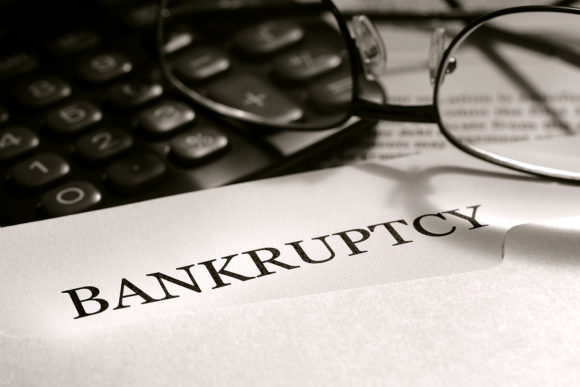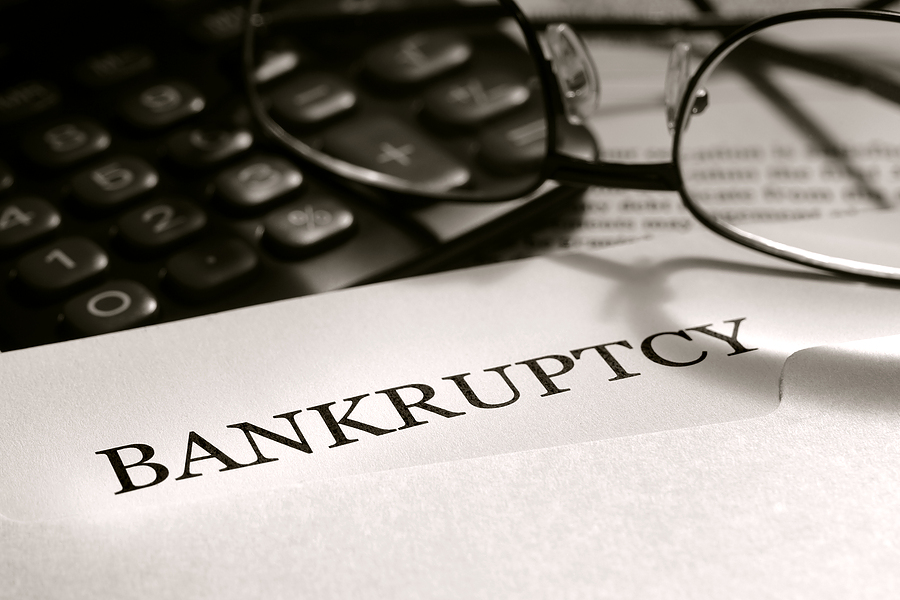Drugmaker Mallinckrodt on Monday filed for its second bankruptcy in three years in the United States, with a restructuring plan that would cut $1 billion from what it owes to victims of the opioid crisis.
The Ireland-based company initiated Chapter 11 proceedings in Delaware after reaching a deal that would hand ownership to its lenders in exchange for a $1.9 billion reduction in debt. The proposed restructuring would wipe out existing equity shares.
The New York Stock Exchange said it has suspended trading in Mallinckrodt’s ordinary shares with immediate effect and has commenced proceedings to delist them from the exchange.
Mallinckrodt, which makes both branded and generic drugs, had first filed for bankruptcy in 2020 to address its high debt load, litigation over its marketing of highly addictive generic opioids and disputes over its drug pricing.
As part of its plan to emerge from bankruptcy in June 2022, the company, which denied wrongdoing, agreed to pay $1.7 billion to settle about 3,000 lawsuits alleging it used deceptive marketing tactics to boost opioid sales.
Mallinckrodt said in court filings on Monday it believed it had addressed its liquidity problems after the earlier reorganization plan cut $1.5 billion from its debt, but declining sales for its key branded drugs, including its most valuable drug, Acthar Gel, left it unable to manage scheduled payments.
The company’s declining liquidity caused it to miss a $200 million payment due under the opioid settlement in June 2023, kickstarting negotiations on a second bankruptcy filing.
Mallinckrodt also disclosed in filings with the Securities and Exchange Commission on Monday that it recently received a grand jury subpoena from the U.S. Attorney’s Office for the Western District of Virginia, seeking information about its reporting of suspicious opioid orders to the U.S. Drug Enforcement Administration.
Mallinckrodt paid $35 million to resolve a similar government probe in 2017, and the new subpoena requests information about the company’s tracking and reporting of suspicious opioid orders after the 2017 settlement date.
Mallinckrodt said in the filing it is responding to the subpoena and complying with its obligation to report suspicious sales of controlled substances to the DEA.
The company expects to complete its second bankruptcy in the fourth quarter of 2023 with support of its key stakeholders. If a court approves the restructuring, the company will have more than $450 million in available liquidity, including $250 million in new credit and its existing cash, Mallinckrodt said in a statement.
Mallinckrodt said in court filings it was facing increasing competition for Acthar Gel, as well as setbacks in its attempts to introduce an easy-to-use, self-injector variant. The drug, used to treat multiple sclerosis and infantile spasms, generated $516 million in net sales in 2022, but its sales were down by 20% for the first six months of 2023.
In Mallinckrodt’s first bankruptcy, the company agreed to pay $260 million to settle federal and state government lawsuits alleging that the company overcharged Medicaid programs for Acthar.
Unlike the opioid settlement, Mallinckrodt intends to pay the full amount due under the Acthar settlement in its second bankruptcy.
Topics USA

